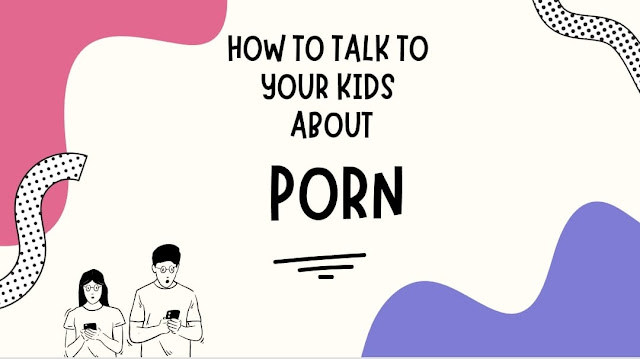When the world moves too fast.
This year I'm working with older adults, and together we're learning to accept and live with technology.
I've realized that, for many of them—many more than we imagine—the digital age has arrived suddenly, without warning.
Procedures that used to be done in person, with someone on the other side of the counter, can now only be done online. And many older adults have told me they feel discriminated against, as if the world had moved on without them expecting it.
This has made me wonder... Are they really being left behind unintentionally, because their difficulties weren't considered? Or is it being done intentionally, as a way to push them to adapt?
Whatever the case, the truth is that many of them don't know how—and can't—keep up with the rapid pace of technological change. And I believe that as a society, we have a responsibility to support them, not exclude them.
In some cases, they have children or relatives who help them with these procedures, but in many other cases, they feel ashamed and don't dare ask for help because they see their children stressed, impatient, always in a hurry.
Many of the older people I work with come to me looking to move forward, not be left behind.
They don't want to feel like the world has turned its back on them, nor to constantly depend on others to handle basic tasks. They tell me that what hurts them most isn't so much the technical difficulty, but the feeling of losing autonomy, self-sufficiency, and dignity.
They want to be able to carry out their paperwork, send a message, or operate a device on their own, not just for convenience, but because it makes them feel valid, capable, and an active part of society. Ultimately, what they're looking for isn't just to learn how to use technology, but to maintain their independence and self-esteem in an age that moves too quickly.
A student told me about his personal experience yesterday. He arrived in Germany at 19 and worked there until his retirement. After retiring, he decided to return to Spain and now lives in Marbella. He enjoys the sun and the beach, but technology makes his life a bit miserable because he feels outside the system.
Recently, he had to carry out a procedure in Spain and came up against a barrier: the person at the counter refused to assist him personally and kept directing him to the online portal. When he explained that he didn't have a computer or computer skills, they suggested he seek help from a child, a relative, or a neighbor. He felt uncomfortable and helpless, and couldn't help but compare it to Germany, where, although the system sometimes seemed rigid, he felt valued and supported.
He remembers receiving a letter in Germany informing him that he could process his retirement online. Worried, he called the contact number and was helped by a very kind woman, who assured him that he could continue completing his paperwork as usual, without needing a computer or any technical knowledge. This gesture made him feel respected and understood, something he hadn't experienced in Spain.
His conclusion was clear: in Germany, he doesn't feel discriminated against, while in Spain, his own country, he does. And that difference hurts him.
Perhaps the world is moving too fast, but it's important not to leave anyone behind. Sometimes, when we think of discrimination, we think of the poorest people or those who come from other countries seeking a better life.
But we rarely think of our elders, our own grandparents, who once gave everything and today feel excluded from a system they themselves helped to build.
They too deserve to continue being part of this digital world, with dignity, patience, and support. Because progress shouldn't be measured only by the speed at which we move forward, but by the humanity with which we include those who walk more slowly.
I hope this post touches the hearts of those who read it, and that the next time an older person asks us for help with their cell phone or a computer procedure, we look at them differently, with patience and empathy. Let's not see it as a waste of time, but as an opportunity to give back a little of everything they've given us.
I hope public systems also become aware and allow, even if it's just one day a week, to serve them in person, with calm and respect. Because progress shouldn't leave out those who once taught us the most.
In memory of my grandparents who are no longer with us.
A hug,
Cris.

.jpg)

Comentarios
Publicar un comentario